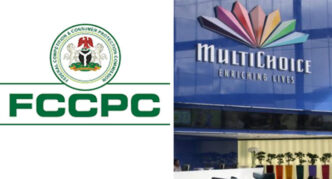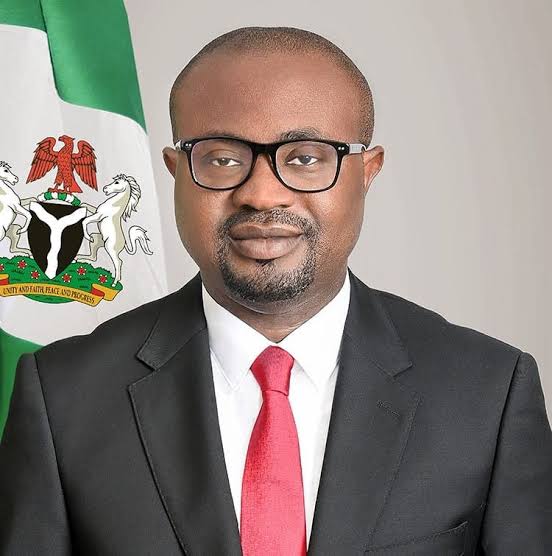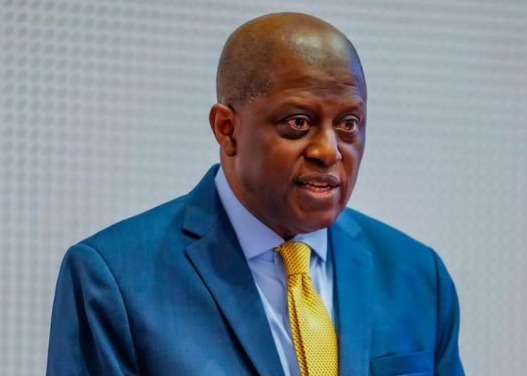Federal High Court sitting in Abuja has reserved judgement for May 8 in the legal battle between MultiChoice Nigeria and the Federal Competition and Consumer Protection Commission (FCCPC) over the recent hike in subscription fees for DStv and GOtv services.
Gatekeepers News reports that Justice James Omotosho fixed this date after taking arguments from both parties on whether the FCCPC has the authority to regulate MultiChoice’s pricing decisions.
MultiChoice’s legal team, led by senior advocate N.J. Onigbanjo, contended that Nigeria operates a free-market economy where service providers are not required to seek regulatory approval before adjusting prices.
He argued that the FCCPC Act does not empower the commission to regulate prices, asserting that only the President of Nigeria has such authority.
He further stated that MultiChoice had communicated its planned price increase to the commission via a letter dated February 21, 2025. However, on February 27, the FCCPC ordered the company to suspend the price adjustment.
In response, MultiChoice filed a suit on March 3, challenging the FCCPC’s directive.
Despite the pending litigation, the FCCPC, in a letter dated March 3, allegedly threatened to prosecute MultiChoice for failing to justify its decision to proceed with the price hike.
Onigbanjo insisted that the company was being unfairly singled out, noting that other service providers had also increased prices due to inflation and rising operational costs.
In defense, FCCPC’s counsel, Prof. J.E. Agbugu, SAN, maintained that the commission acted within its statutory mandate to protect Nigerian consumers from exploitative pricing.
He referenced Sections 17(e) and 17(f) of the FCCPC Act, which empower the commission to investigate price increases and safeguard consumers from unfair business practices.
Agbugu argued that while the commission does not fix prices, it has the legal authority to scrutinize price hikes to determine if they are exploitative.
He dismissed MultiChoice’s reliance on a previous ruling by the Competition and Consumer Protection Tribunal (CCPT), stating that the tribunal is not superior to the Federal High Court and cannot set a binding precedent.
Agbugu emphasized that MultiChoice had been invited to explain the basis of its price increase but failed to do so, opting instead to proceed with the adjustment without regulatory engagement.
During the proceedings, the court granted an oral prayer allowing the FCCPC to regularize its counter-affidavit. It also struck out an interlocutory injunction previously sought by MultiChoice, ruling that it had been overtaken by events.
Justice Omotosho queried whether the government could impose price controls in a free-market economy to protect consumers.
In response, Onigbanjo reiterated that only the President had the authority to set price ceilings and that no such directive had been issued.
After listening to both sides, the court reserved judgment until May 8, 2025.
MultiChoice Nigeria, the parent company of DStv and GOtv, announced a price hike on March 1, 2025, citing inflation and rising operational costs. The adjustments saw subscription fees increase by up to 25% across various packages:
DStv Compact rose from N15,700 to N19,000,
Compact Plus increased from N25,000 to N30,000; DStv Premium jumped from N37,000 to N44,500, and GOtv Supa Plus moved from N15,700 to N16,800.
The FCCPC challenged the hike, directing MultiChoice to suspend the increase pending regulatory review.
When the company proceeded regardless, the FCCPC filed a lawsuit at the Federal High Court in Abuja.









